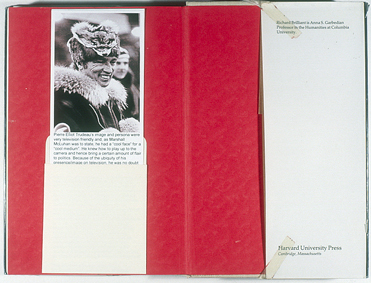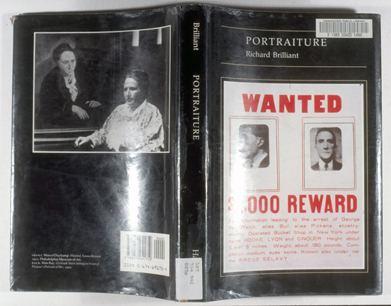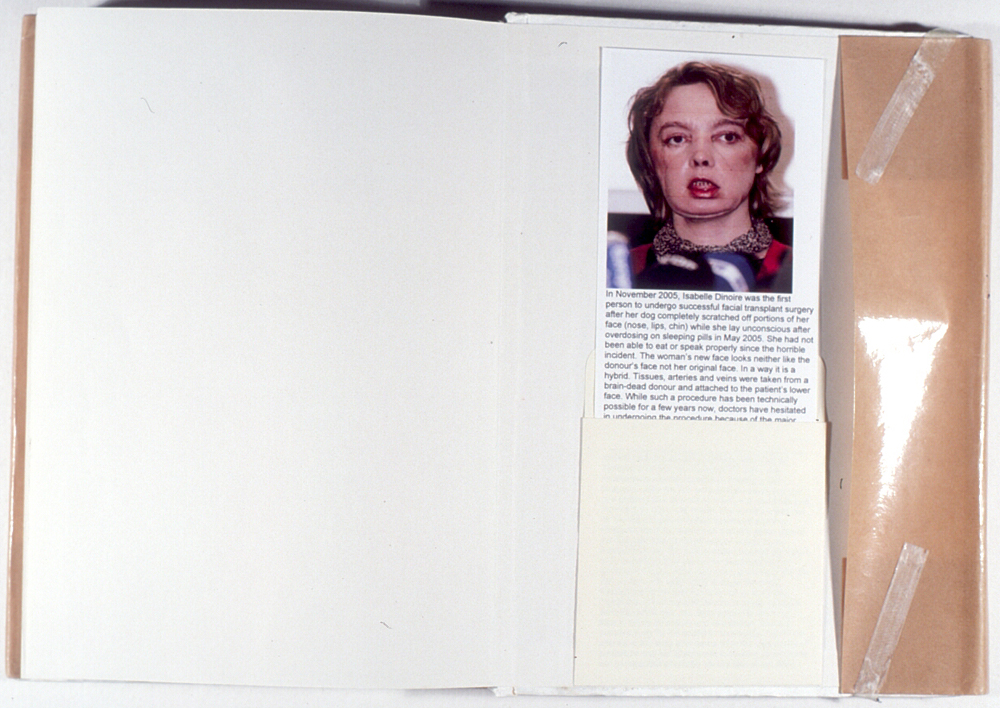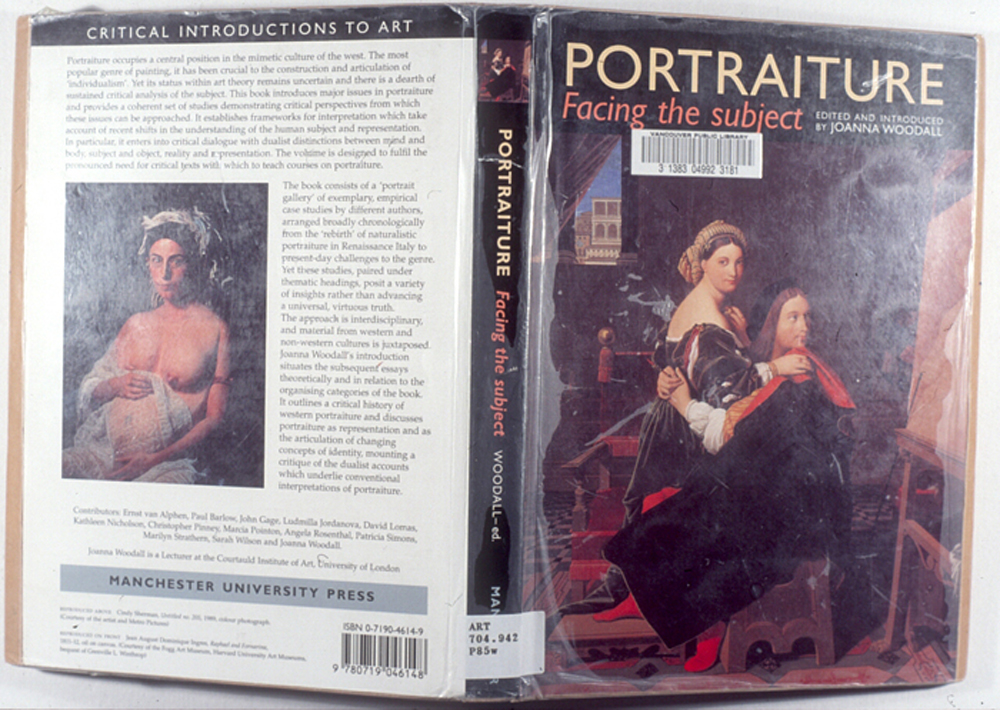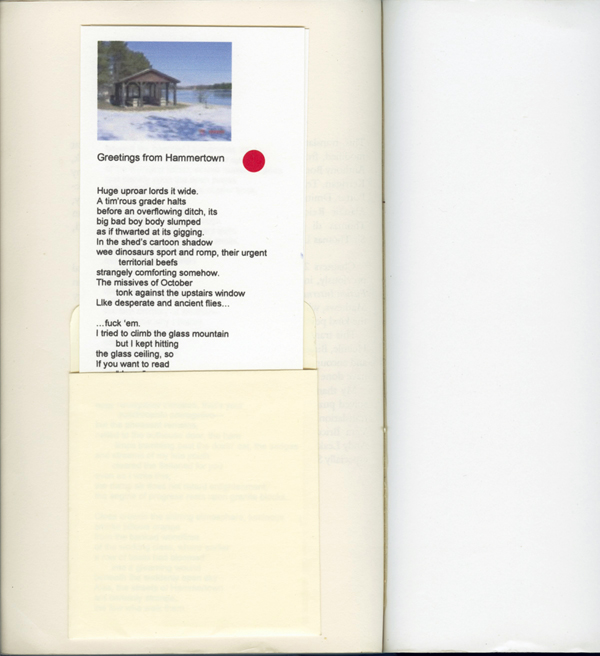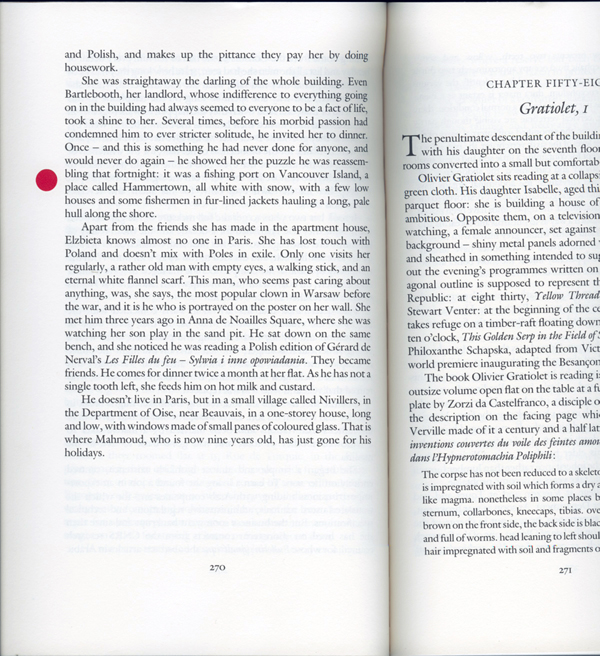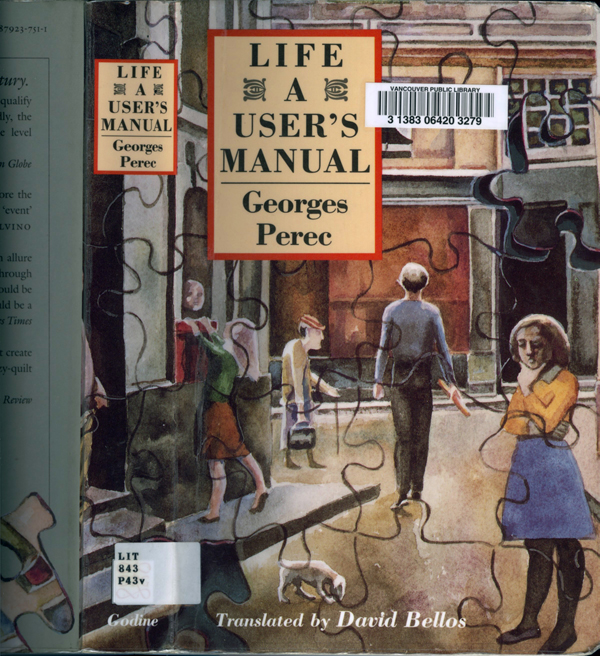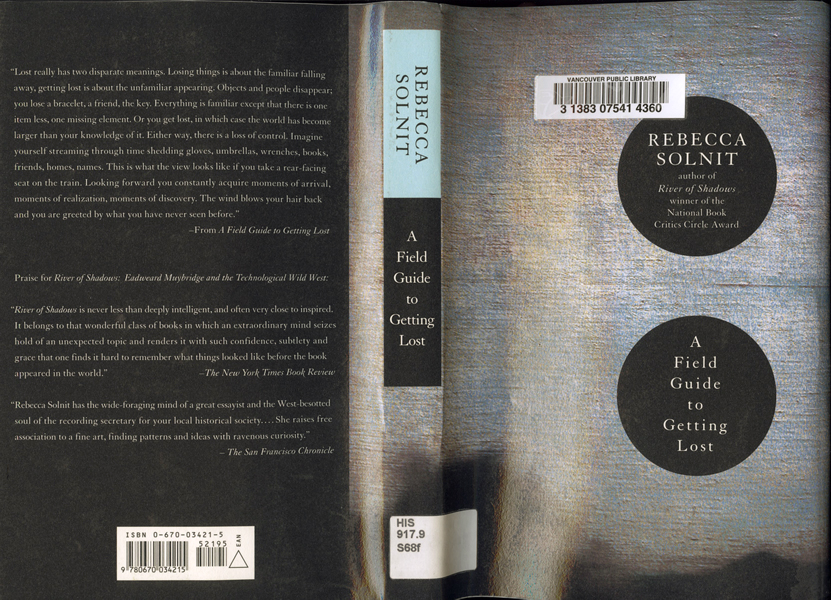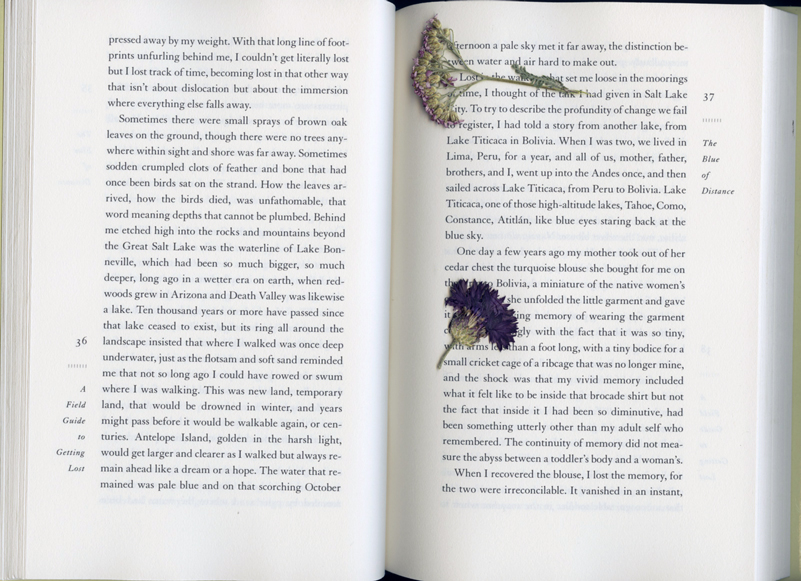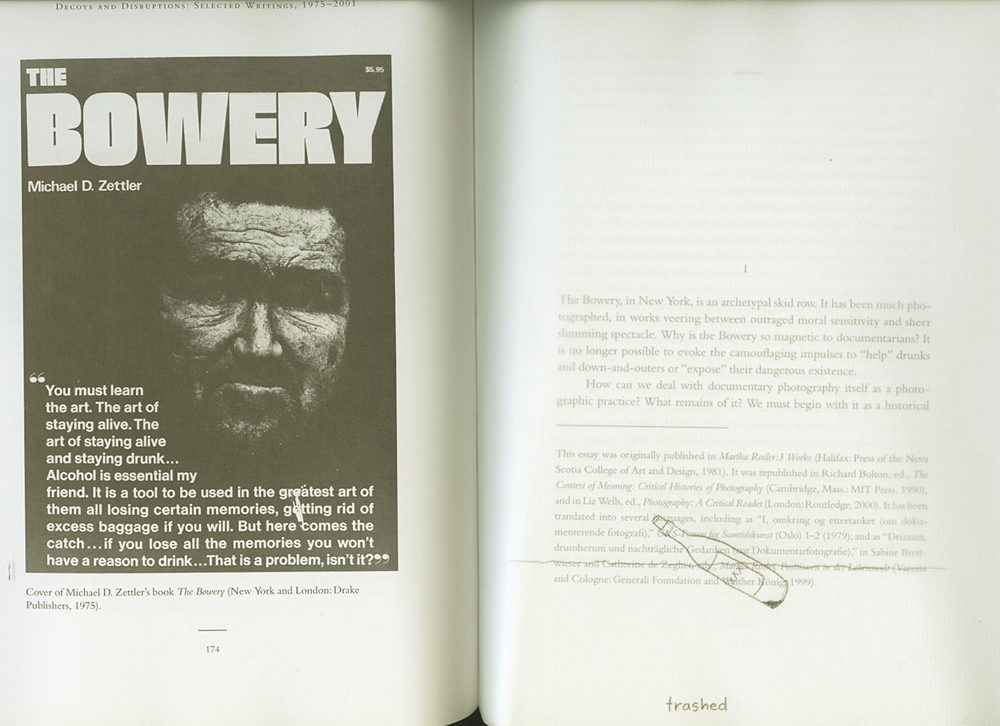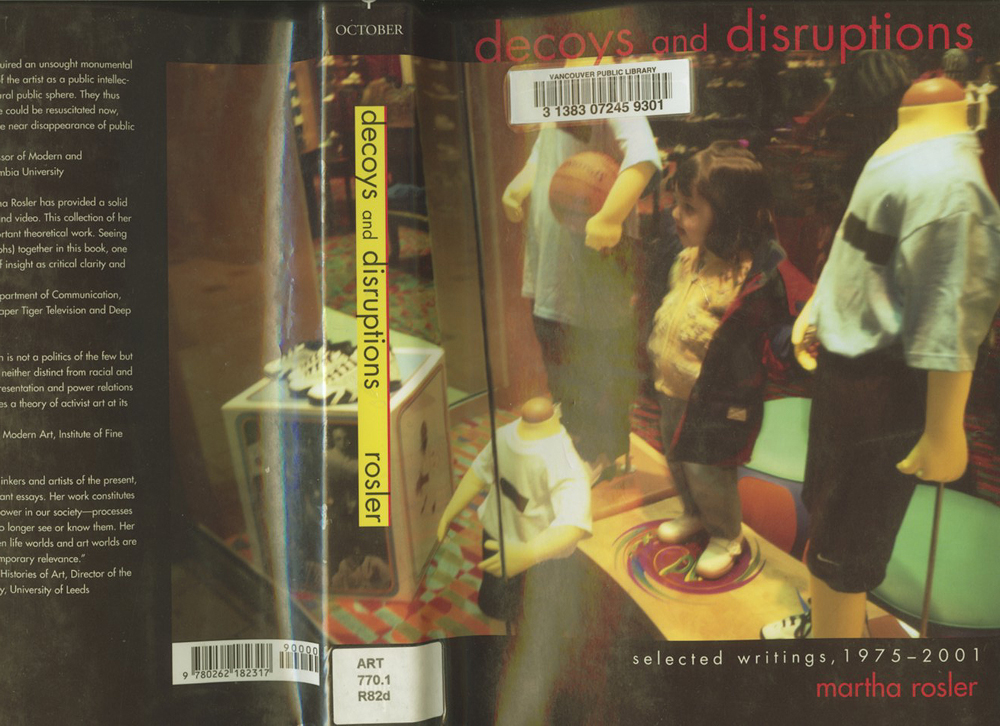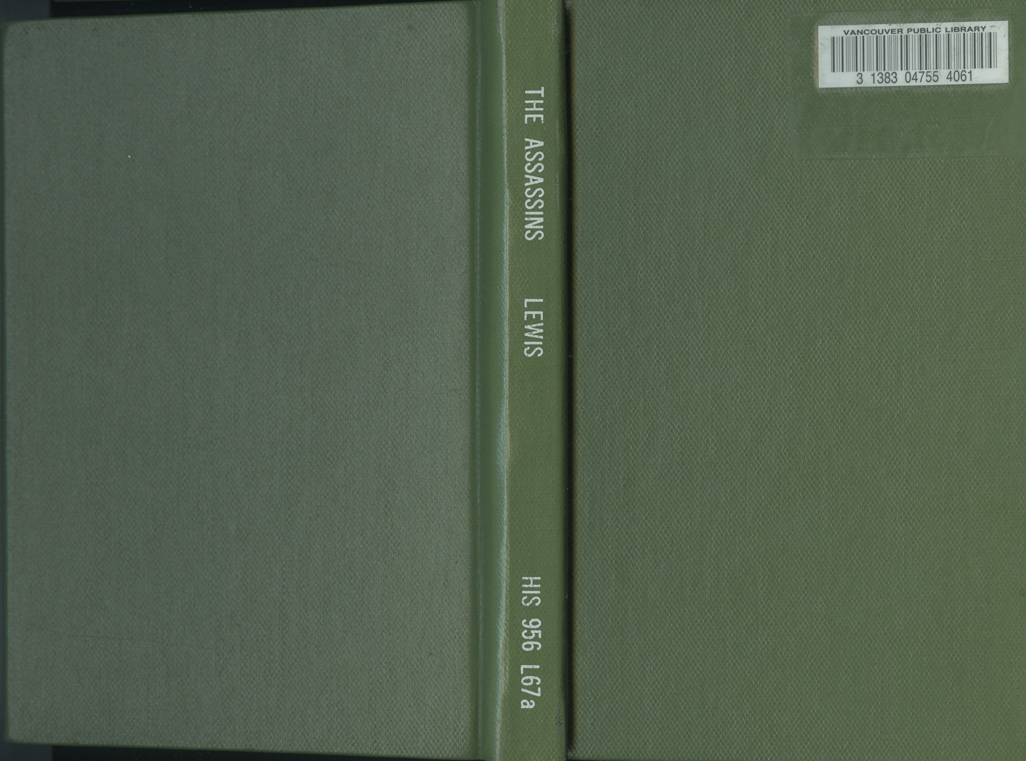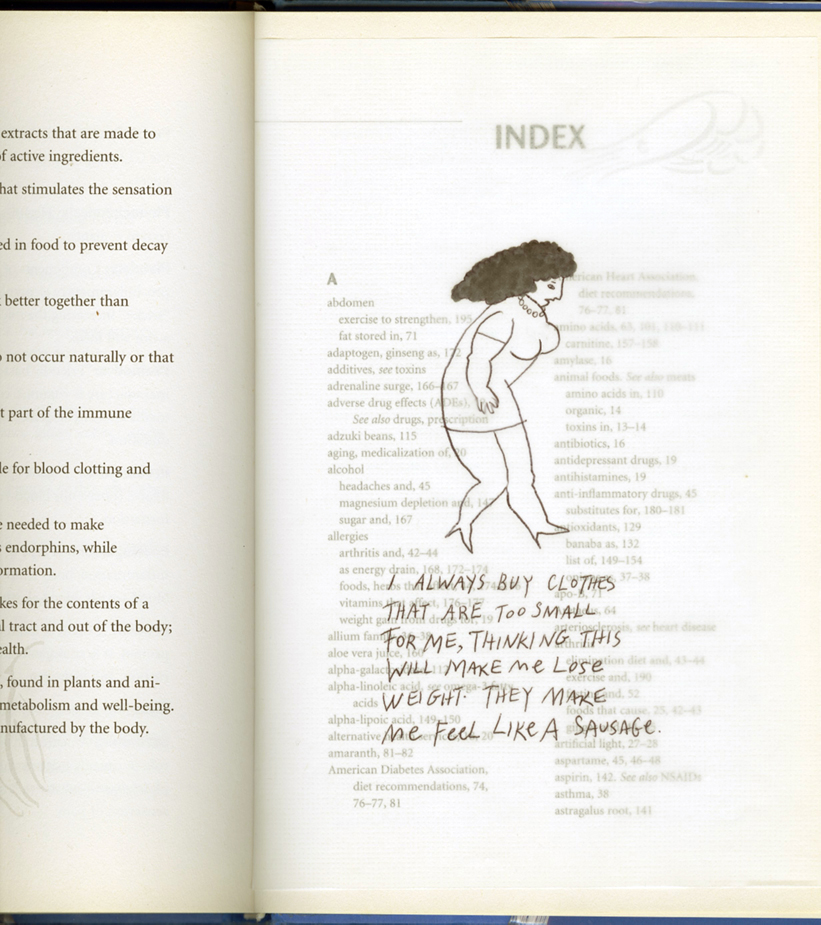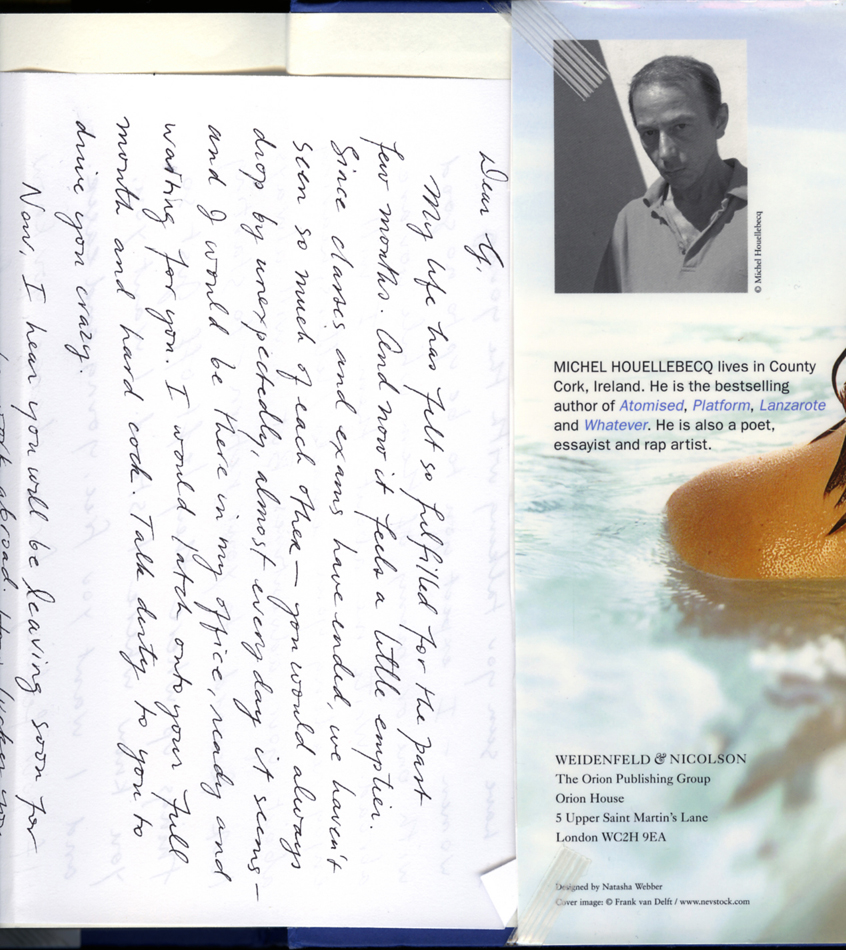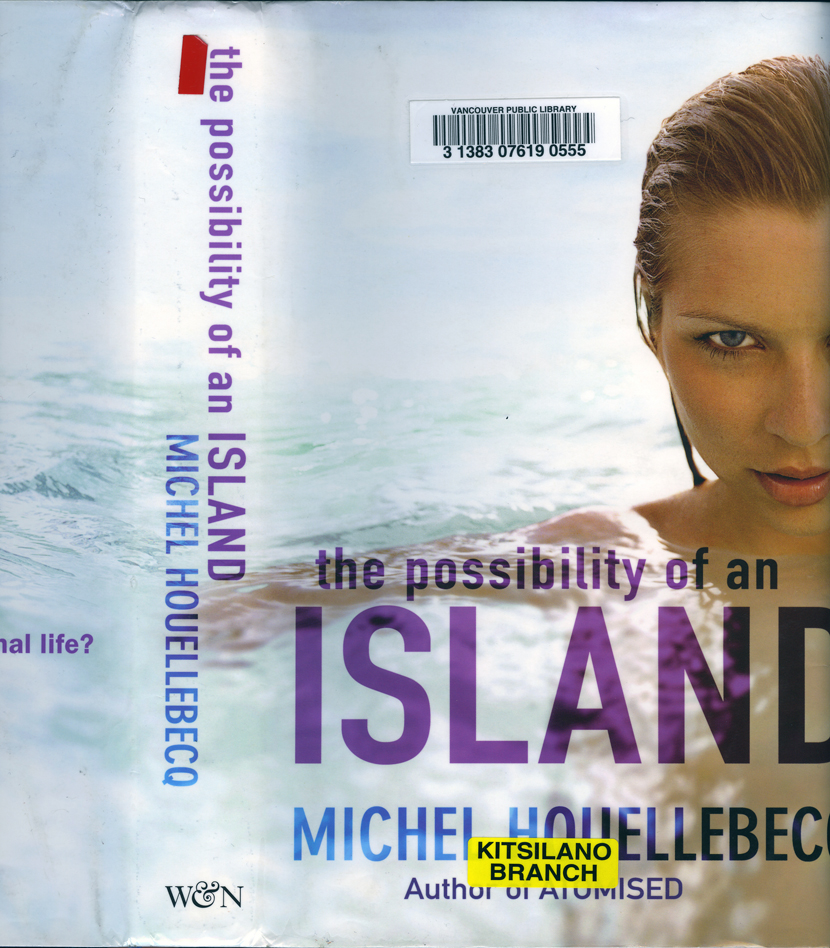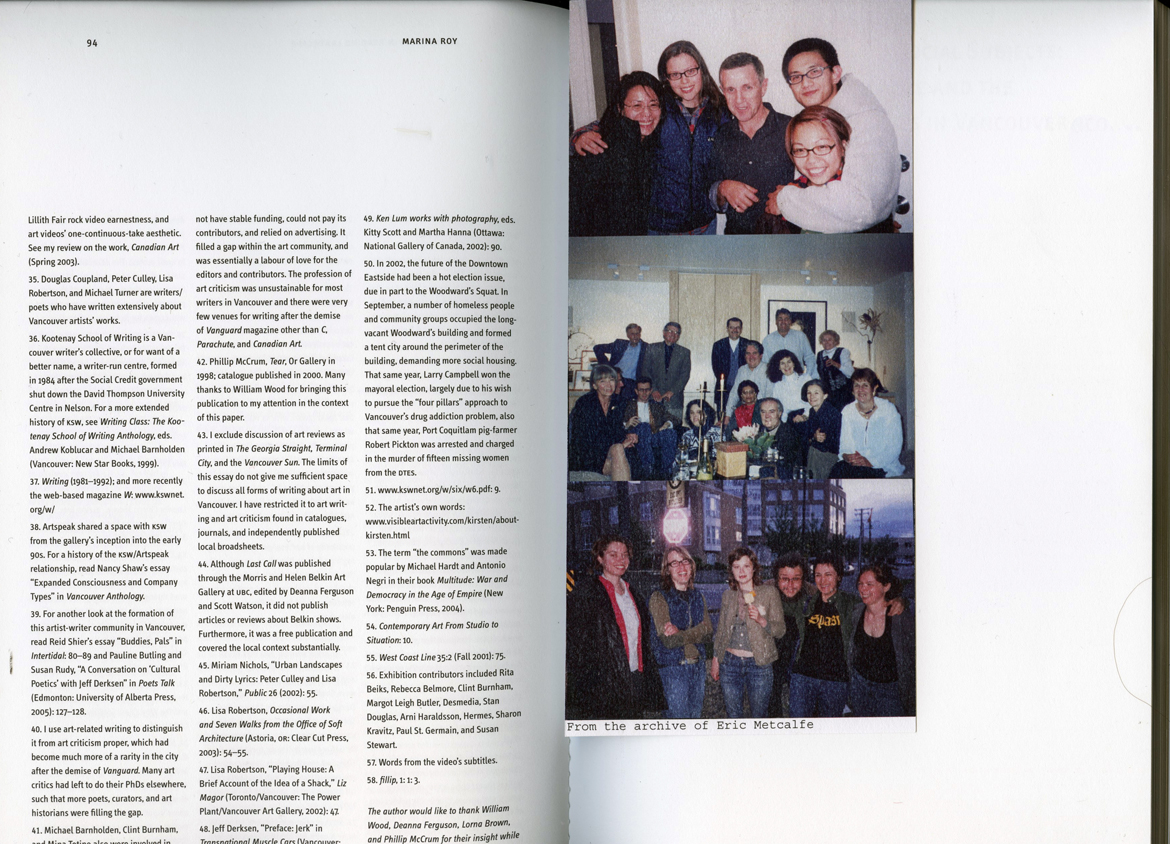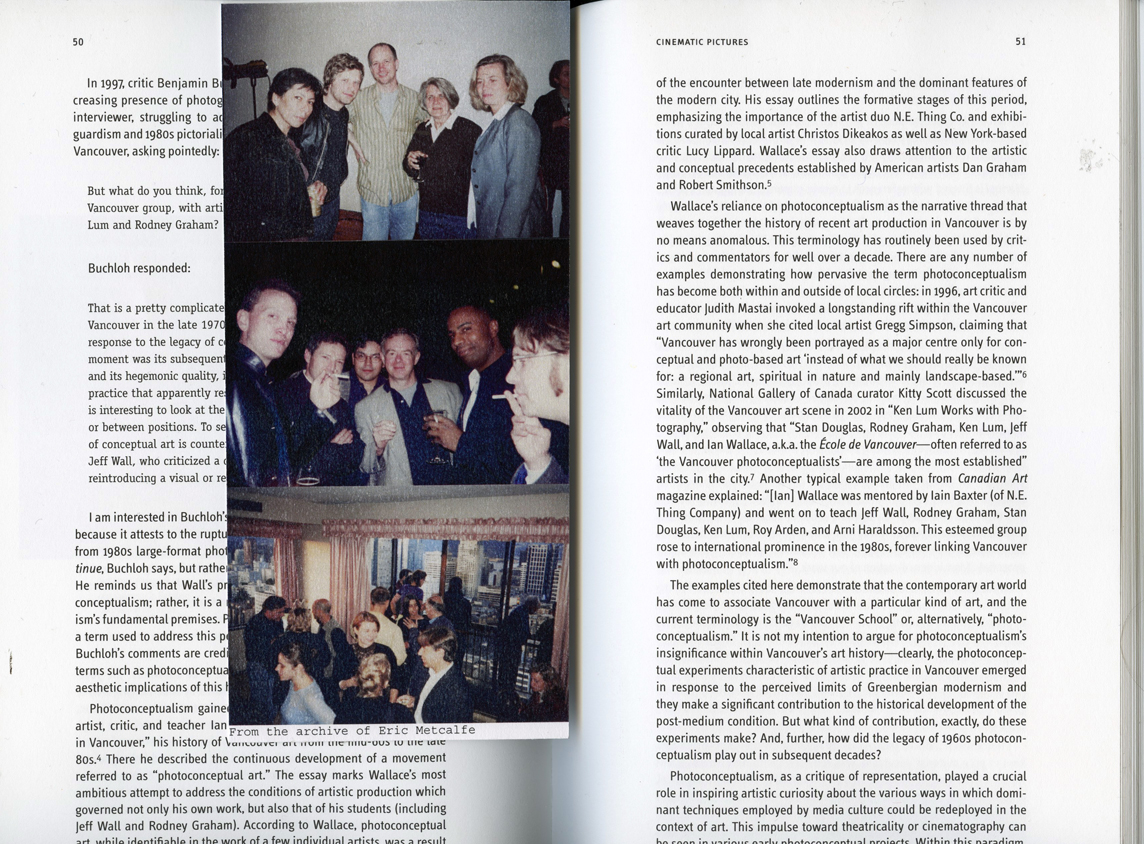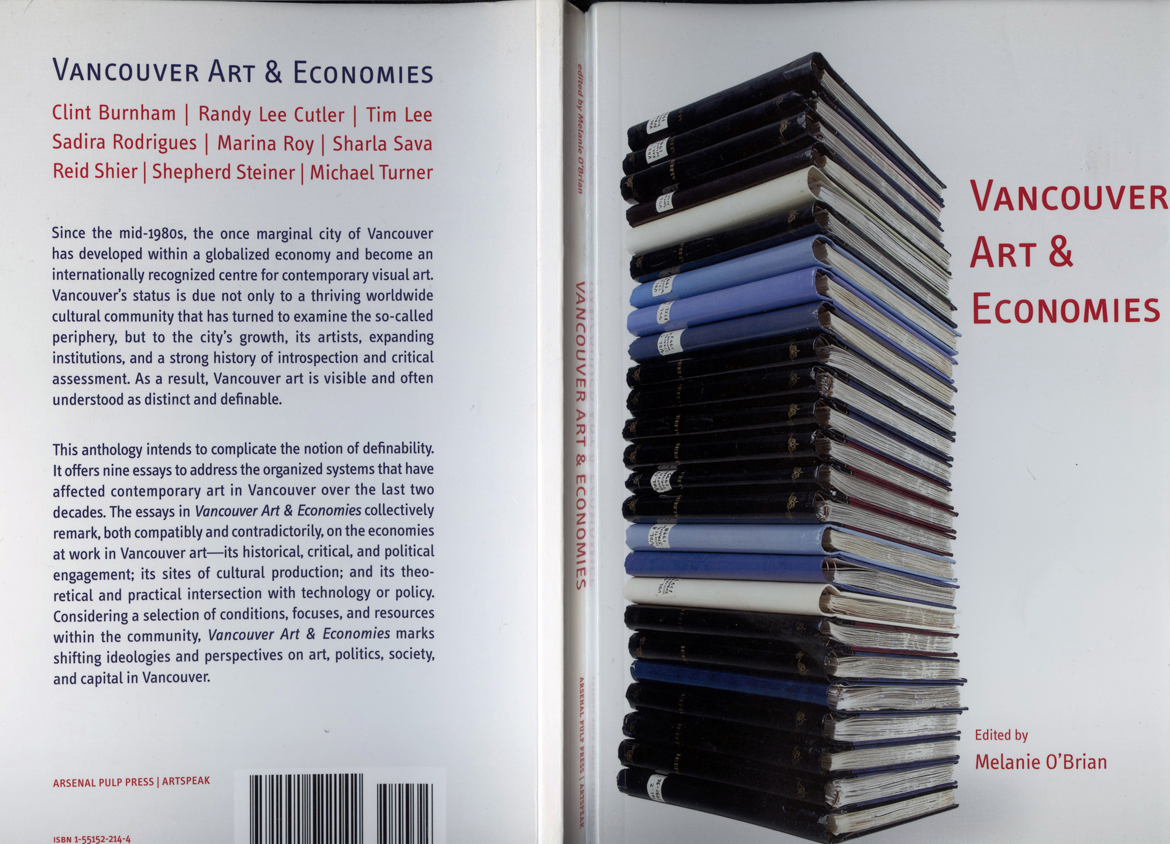Trappings
Trappings
Interventions within books at Vancouver Public Library, and random bookstores
2010
The library is one of the last bastions of the democratic potential of a shared cultural consciousness, a true public commons. In the library’s privileged position as site of democratic access to information, creative forms of textual manifestations, and as repository of any number of textual and image archives, literacy and thinking can take on many forms, whether the viewer interact with books or digital media. Sometimes library is used in the directed pursuit of particular forms of knowledge (more instrumental); at other times it could be seen as more of a form of mental wandering, where one book or site leads to the next, through reference to footnotes and bibliographies or through clicking onto a variety of related links. Investigation is not confined to satisfaction of academic requirements but also involves the cultivation and satisfaction of intellectual curiosity.
Through subtle book intervention, I create new mental paths to follow, either through the insertion of new information related to the topic of the book, or through making connections that lead to other books (in which I have perhaps also made interventions)—this results in a kind of spectral trail created between books. These ephemeral messages, seemingly accidental, will engage the viewer to think about what Roland Barthes describes as the “birth of the reader,” which comes with the “death of the author.” Subtle messages/interpretations are left behind in the books, marking an intimate engagement with texts.
The title, Trappings, refers to something being trapped, left behind, but also to the idea of the supplement or ornament, something in addition to or superfluous to the book itself. This relates to Jacques Derrida’s ideas on the supplement, and the importance placed on what comes after the text, what the text gives birth to in the reader—new unforeseen forms of engagement with the world, and the production of new textual forms.


